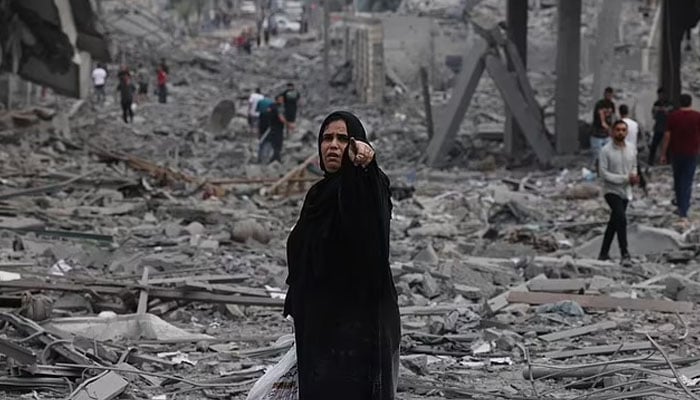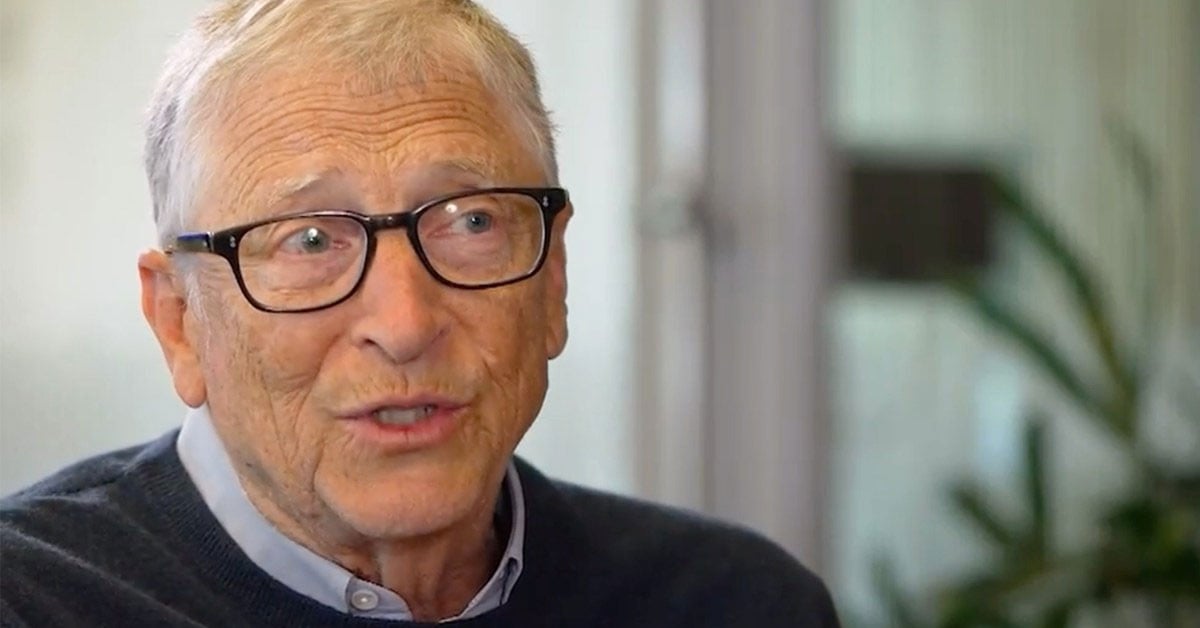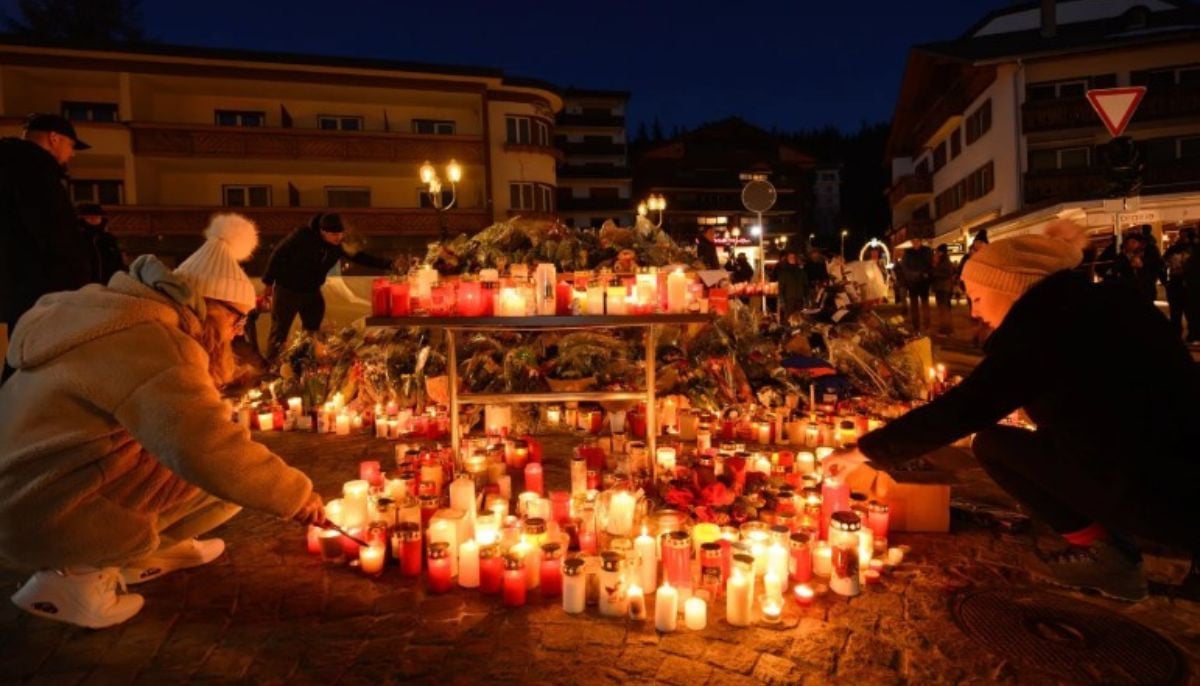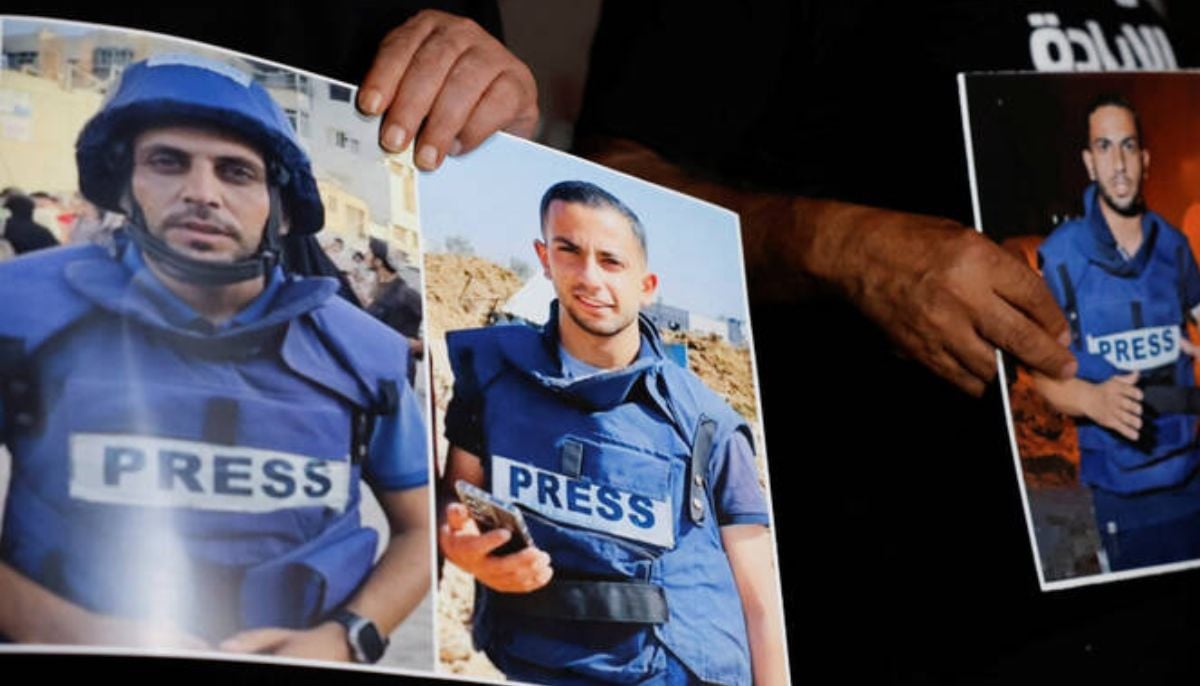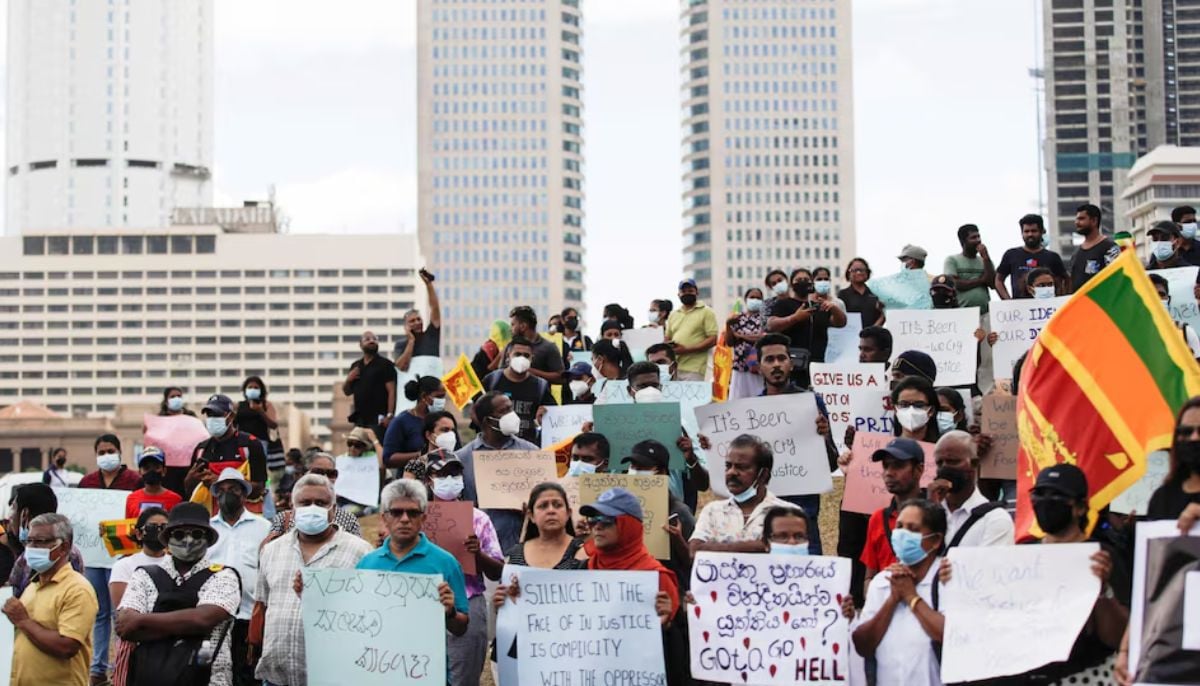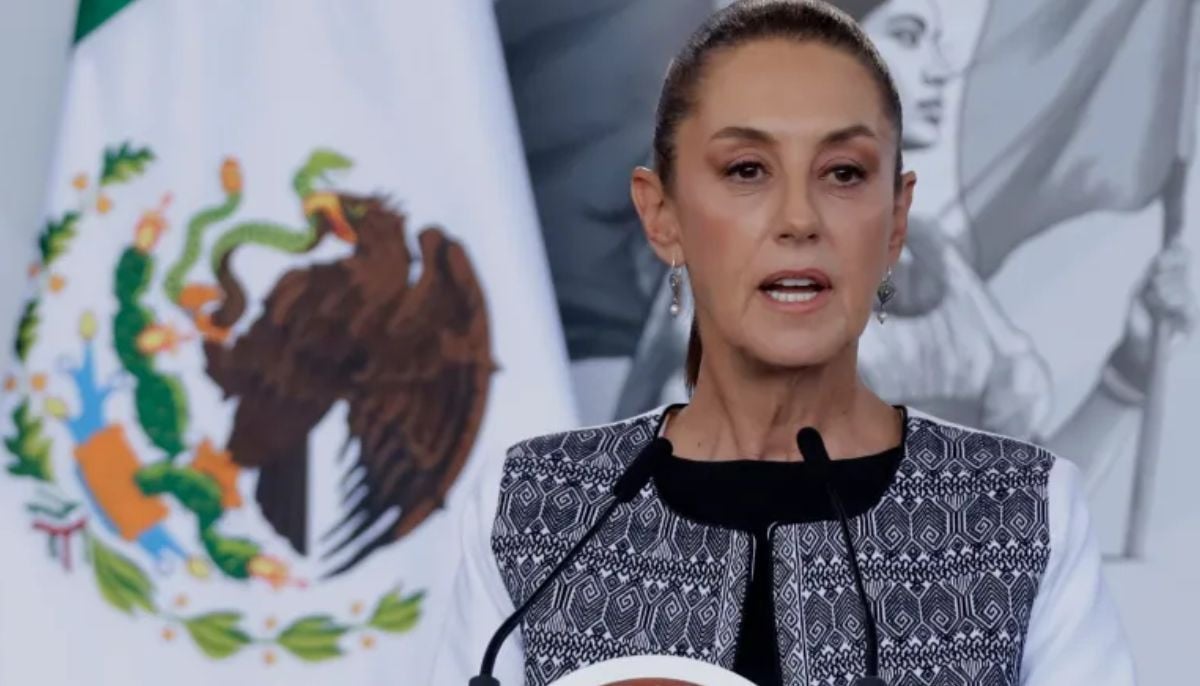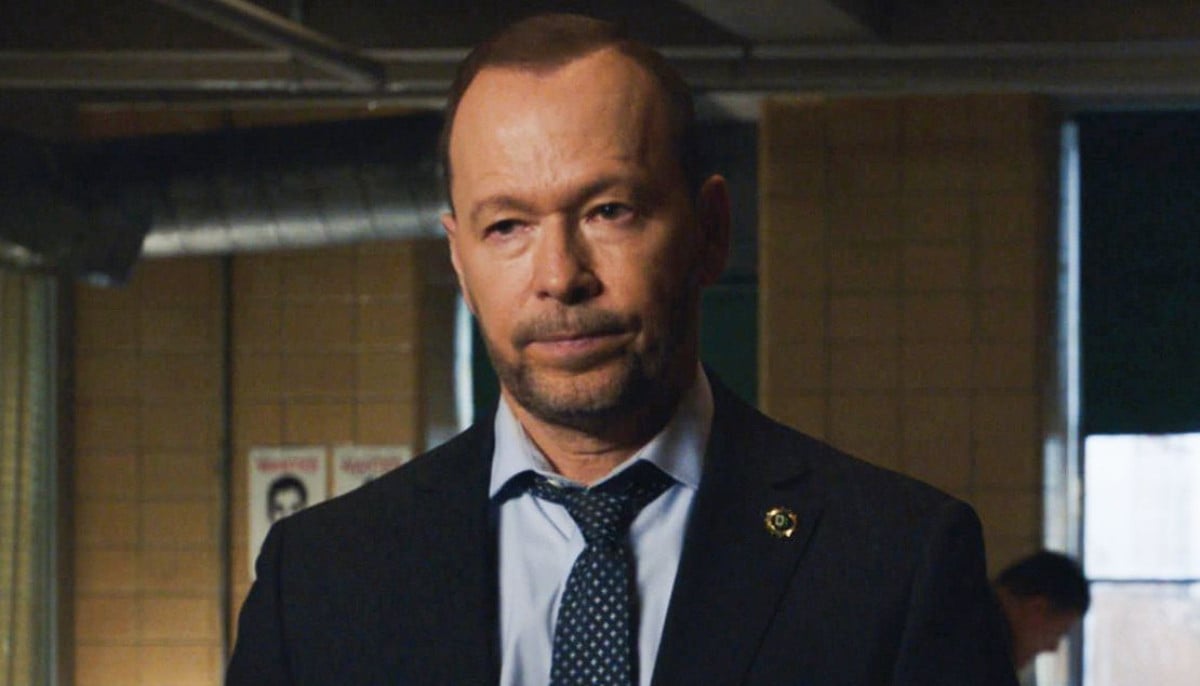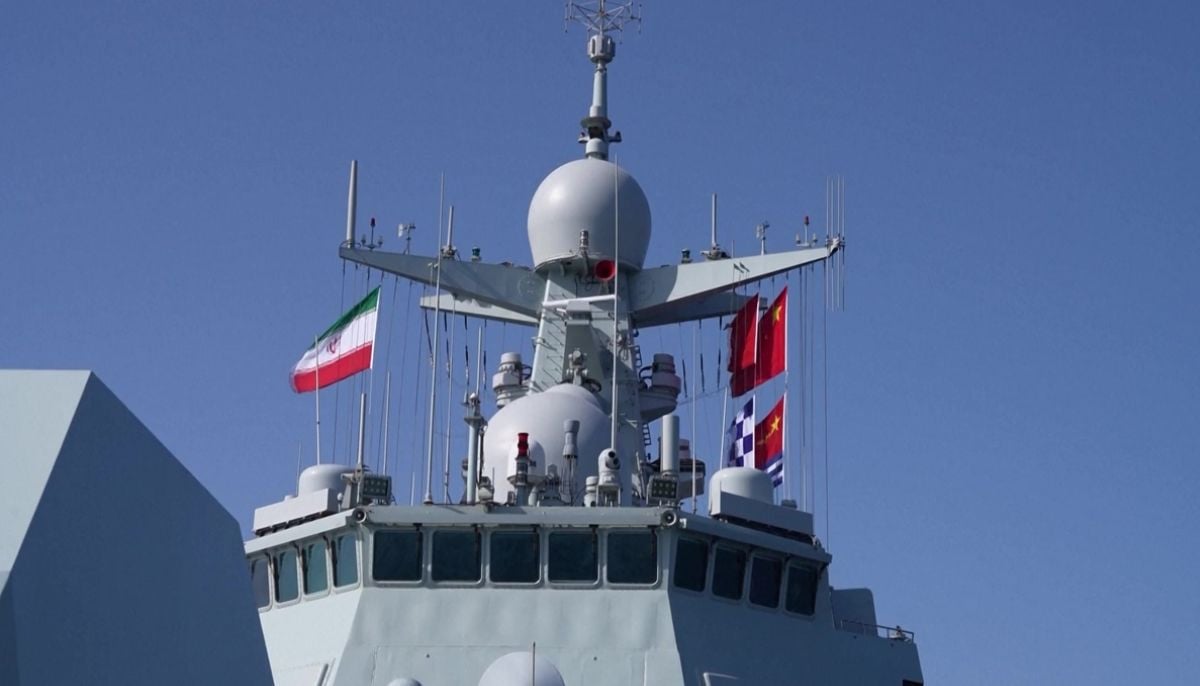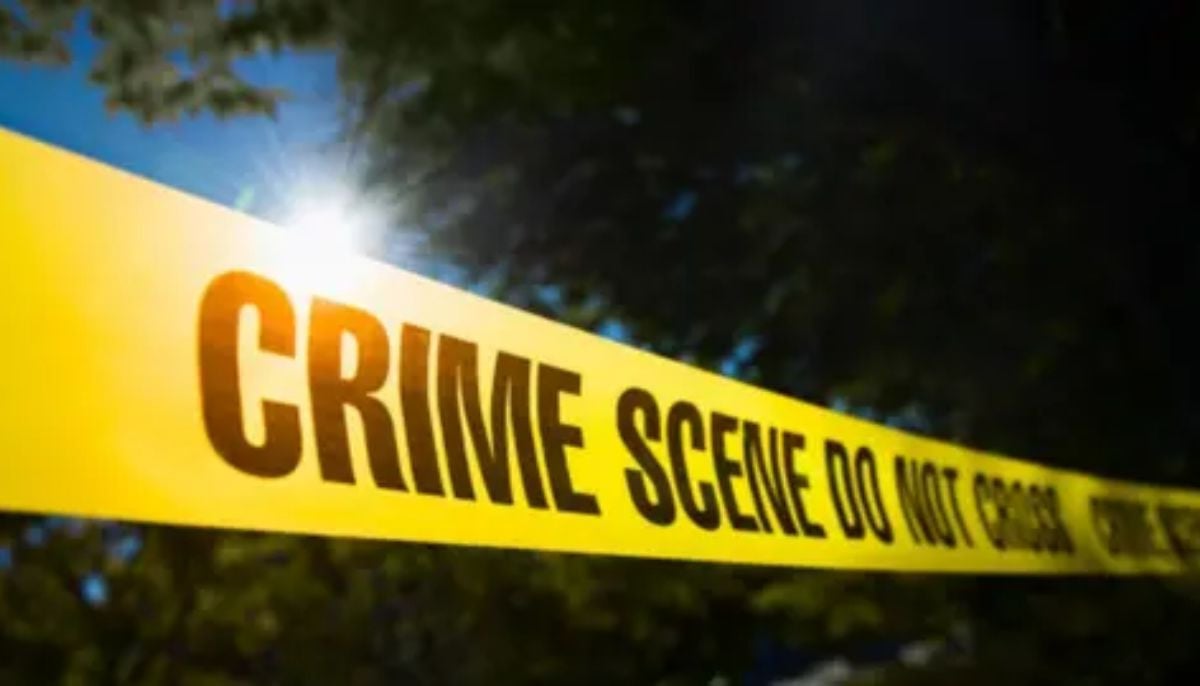Israel-Hamas war death toll rises to 1,800 with 200,000 Palestinians displaced
Hamas fired rockets into Israel's city of Ashkelon from Gaza after warning its residents to leave their homes
Death toll from Israel-Hamas war rises to 1,800 with 1000 Israelis dead and 830 Palestinians martyred with another 200,000 displaced after air strikes on Gaza Strip
Palestinian group Hamas threatened Tuesday to execute some of the around 150 hostages if Israel kept up its deadly bombardment of Gaza without warning.
The Hamas warning comes as the Israeli military claimed it regained “full control” of the Gaza fence that was breached by the Hamas gunmen who infiltrated into southern Israel on Saturday, according to Al Jazeera.
Daniel Hagari, spokesperson for the Israeli military, said no Hamas fighter had crossed the fence over the past 24 hours, but did not discount the possibility that some of the gunmen were still within the Israeli-controlled areas.
The military is now planting mines in the parts where the barrier was toppled to prevent further infiltrations, the spokesperson added.
Israel already imposed a total siege on the Gaza Strip on Monday, cutting off food, water and electricity supplies, and sparking fears that an already dire humanitarian situation will swiftly deteriorate.
Israel has been left reeling by Hamas´s unprecedented ground, air and sea assault, likening it to the September 11, 2001 attacks on the United States.
Hamas fires rockets towards Ashkelon
Hamas fired rockets into Israel's city of Ashkelon from Gaza after warning its residents to leave their homes till 5 pm.
Hamas armed wing spokesman Abu Ubaida told residents of Israel's Ashkelon port to leave the region by 5 pm (1400 GMT) on Tuesday.
Four days after Hamas launched an unprecedented onslaught against Israel with rockets and fighters, Israeli aircraft continue to bombard the Gaza Strip.
Rockets fired towards Israel from Lebanon
According to Lebanese official media, a new salvo of rockets was shot on Tuesday from south Lebanon towards Israel. The attack attracted retaliatory fire, according to a military source.
“Rockets were fired from... southern Lebanon towards the Galilee” region in northern Israel, the official National News Agency (NNA) said, while the military source, requesting anonymity as they were not authorized to speak to the media, confirmed that it triggered retaliatory Israeli fire.
According to the military source, the rockets were launched from the Tyre district of south Lebanon's town of Qlaileh.
According to NNA, there were no immediate reports of casualties on the Lebanese side.
The rocket fire was not immediately claimed by an organisation.
Bodies of Hamas fighters
Around 1,500 bodies of Hamas fighters have been found in Israel around the Gaza Strip, the army said Tuesday, as it pummelled the Palestinian enclave with air strikes.
"Approximately 1,500 bodies of Hamas (fighters) were found in Israel around the Gaza Strip," military spokesman Richard Hecht told reporters, adding that security forces had "more or less restored control over the border" with Gaza.
"Since last night we know that no one came in — but infiltrations can still happen."
The army had "nearly completed" evacuation of all the communities around the border, he added.
Hecht said the military had deployed 35 battalions to the border area.
"We are building infrastructure for future operations," he said.
Israel is reeling under a deadly attack by Hamas fighters who stormed the border fence under a barrage of rocket fire on Saturday morning and killed more than 900 people inside Israel.
Before dawn on Tuesday, the Israeli military struck what it said were Hamas targets in Gaza, especially in the Rimal neighbourhood and in the southern city of Khan Yunis.
Iran´s Khamenei denies involvement in Hamas attack
Supreme leader Ayatollah Ali Khamenei on Tuesday denied any Iranian involvement in Hamas´s shock weekend attack on Israel despite its strong support for the Palestinian group.
"The supporters of the Zionist regime (Israel) and some people in the usurping regime have been spreading rumours over the past two or three days, including that Islamic Iran was behind this action. They are wrong," Khamenei said in a speech at a military academy.
"Of course, we defend Palestine, we defend the struggles," he added, urging "the whole Islamic world" to "support the Palestinians."
Khamenei said Israel has suffered an "irreparable failure" on both "military and intelligence" fronts.
"Everyone has spoken of the failure, I put the emphasis on its irreparability," he said.
The Israeli army said it was the single deadliest event in the nation´s history and has responded with a ferocious bombardment of Gaza.
Gaza hospitals left with no aid
Hospitals in Gaza have been left without aid four days after Hamas's historic attack in Israel and the Israeli army's bombing of the region, resulting in a drastic humanitarian crisis.
A humanitarian corridor is required, according to the Palestinian Ministry of Health and the WHO, "to ensure the entry of urgent medical aid" into Gaza's hospitals.
Israel declared a "total blockade" on Gaza, prohibiting the entry of food and fuel. According to UN regulations, a siege like this with the intention of starving a population is a war crime.
Hamas issues warning
Hamas said Monday that Israeli air strikes had killed four of its hostages.
It later said it could start killing them itself.
"Every targeting of our people without warning will be met with the execution of one of the civilian hostages," Hamas armed wing, the Ezzedine al-Qassam Brigades, said in a statement.
In a televised speech late Monday, Israeli Prime Minister Benjamin Netanyahu compared Hamas to Daesh, and said Israel planned to deploy "unprecedented force".
He also vowed to "strengthen other fronts in the north against Hezbollah", where fighters and Israeli forces exchanged fire for a second day.
Hamas launched more rockets as far as Tel Aviv and Jerusalem, where missile defence systems fired and air raid sirens blared.
Israel said it had called up 300,000 army reservists for its "Swords of Iron" campaign.
Defence Minister Yoav Gallant said Israel would impose a "complete siege" on the long-blockaded enclave of 2.3 million people: "No electricity, no food, no water, no gas — it´s all closed."
United Nations chief Antonio Guterres said he was "deeply distressed" by the siege announcement, and warned Gaza´s already dire humanitarian situation will now "only deteriorate exponentially".
Palestinians in the coastal territory braced for what many feared will be a massive Israeli ground attack aiming to defeat Hamas and liberate the hostages.
Israel shaken to core
Middle East tensions have spiked as Israel´s arch enemy Iran praised the Hamas attack, although Tehran denied any direct role in the military operation.
Hamas has called on "resistance fighters" in the West Bank and in Arab and Islamic nations to join what it has dubbed "Operation Al-Aqsa Flood".
"The military operation is still continuing," Hossam Badran, a Hamas official, told AFP from Doha, adding that "there is currently no chance for negotiation on the issue of prisoners or anything else".
Israel, which has long prided itself on a high-tech military and intelligence edge, has been shaken to the core by the surprise Hamas strike, and now faces the threat of a multi-front war.
On Monday, the Israeli army said its soldiers had "killed a number of armed suspects" who had crossed the border from Lebanon and that Israeli helicopters were striking targets in the area.
The Palestinian group Islamic Jihad later claimed responsibility for the thwarted infiltration from Lebanon to Israel.
Iran-backed Hezbollah said Israeli strikes on south Lebanon killed three of its members, prompting the movement to retaliate against two Israeli barracks "using guided missiles and mortar shells that hit them directly".
It was the second day of an exchange of fire between Israel and Hezbollah, which on Sunday said its strikes were "in solidarity" with the Hamas attacks.
"We are deeply concerned about Hezbollah making the wrong decision and choosing to open a second front to this conflict," a senior US defence official said.
Washington, which moved its biggest aircraft carrier and other warships closer to Israel in a show of support, has said it has no plans to put US boots on the ground but is working with its ally on hostage recovery efforts.
'Unbearable'
Hamas´s attack penetrated the Gaza border fence — long deemed impregnable and guarded by surveillance cameras, drones, patrols and watchtowers.
More than 270 bodies, mostly young people, were strewn across the site of a music festival in a Negev desert kibbutz, while other revellers were feared to be among the captives taken into Gaza.
Three Palestinians journalists have been martyred in the fighting, the Committee to Protect Journalists said on Monday, with two photographers also reported missing since Saturday.
Israel has blockaded Gaza since Hamas took control in 2007, leading to four previous wars with Israel.
Israeli strikes have levelled residential tower blocks, a large mosque and the territory´s main bank building.
The UN Relief and Works Agency for Palestine Refugees said it was sheltering more than 137,000 people in schools across Gaza.
"The situation is unbearable," Amal al-Sarsawi, 37, said from a classroom with her terrified pupils.
In the West Bank, protesting Palestinians clashed with Israeli forces, leaving 15 Palestinians dead since Saturday.
'Kingdom working to prevent conflict'
The spiralling conflict has been felt globally, with oil prices surging on fears of tightening supplies.
US energy firm Chevron said it suspended operations at a natural gas platform off Israel´s coast at the request of authorities.
Saudi Arabia´s de facto ruler Crown Prince Mohammed bin Salman told Palestinian president Mahmud Abbas in a phone call that the Gulf kingdom was working to prevent the conflict spreading across the region, state media said early Tuesday.
The European Commission said it was reviewing its development aid to the Palestinians, but clarified that no support had yet been suspended. Britain said it was undertaking a similar review.
Analysts said the unprecedented nature of the Hamas assault could make any diplomatic efforts fruitless for now.
Turkish President Recep Tayyip Erdogan is among those trying, nonetheless. He held an urgent round of telephone diplomacy Monday.
Erdogan warned Israel against "indiscriminately" attacking civilians and also delivered measured criticism of Hamas, urging both sides to respect the "ethics" of war.
-
Israel behind majority of journalist deaths worldwide, watchdog claims
-
Former Sri Lankan intelligence chief arrested over 2019 Easter bombings
-
Mexico’s president considers legal action over Elon Musk cartel remark
-
Donnie Wahlberg responds to 'Boston Blue' backlash: 'Nobody was more disappointed than me'
-
Iran 'set to buy' Chinese carrier-killer missiles as US forces gather in region
-
Savannah Guthrie's fans receive disappointing news
-
Four people killed in stabbing rampage at Washington home
-
Jack Hughes's proximity to Trump angers Tate McRae fans
